Are Associations Losing Their Members’ Trust?—The Leadership ColLAB Explores This Critical Question
.orgSource
MARCH 6, 2023
Trust isn’t a challenge that is currently top of mind for association leaders. We structured this conference based on feedback from.orgCommunity’s fall Solutions Day participants. We used the power of collaboration to share ideas that make us effective leaders who members trust to deliver on promises and build a successful future.

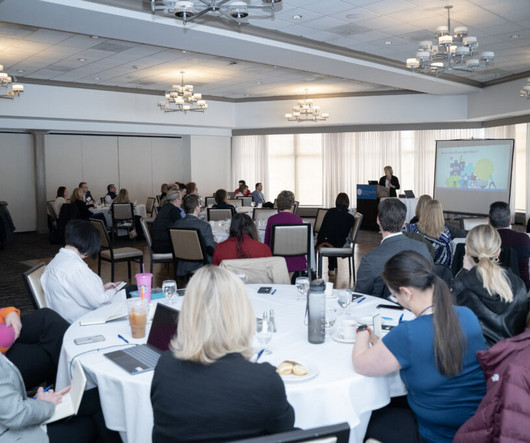




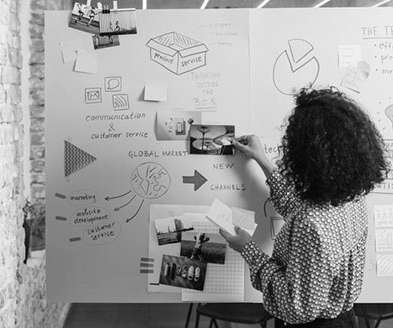





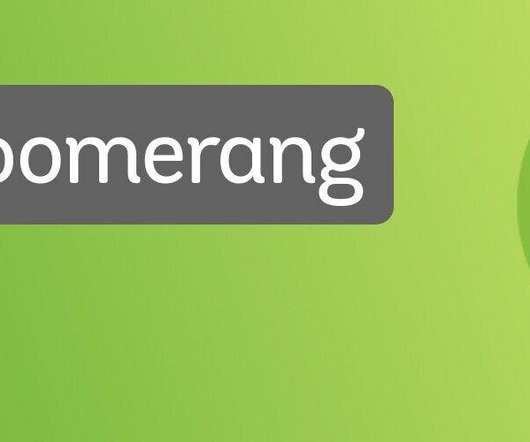

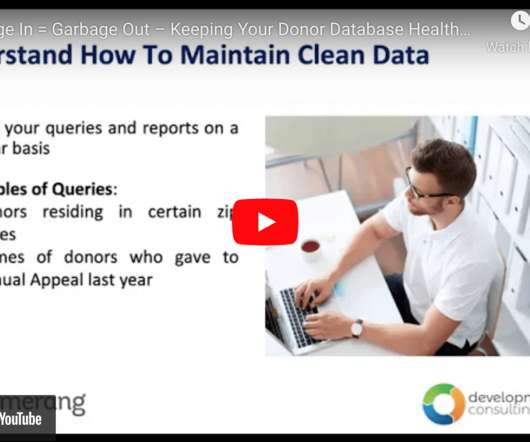
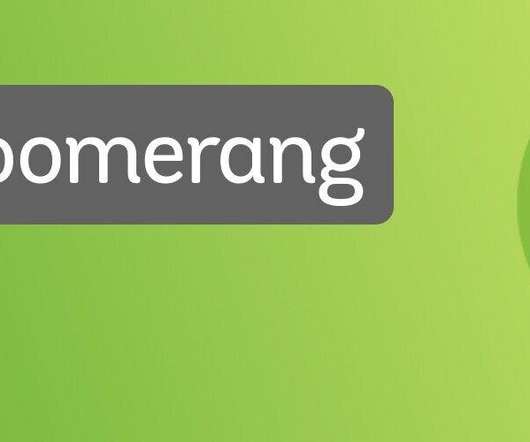


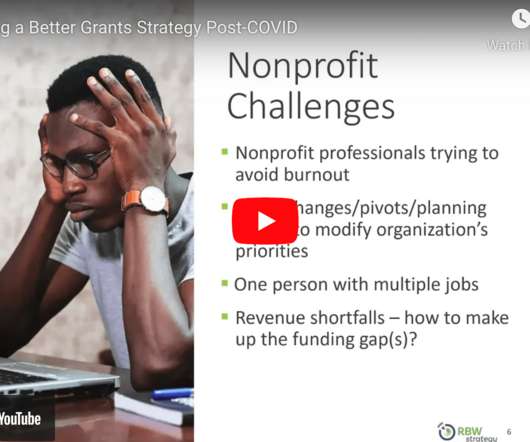






Let's personalize your content